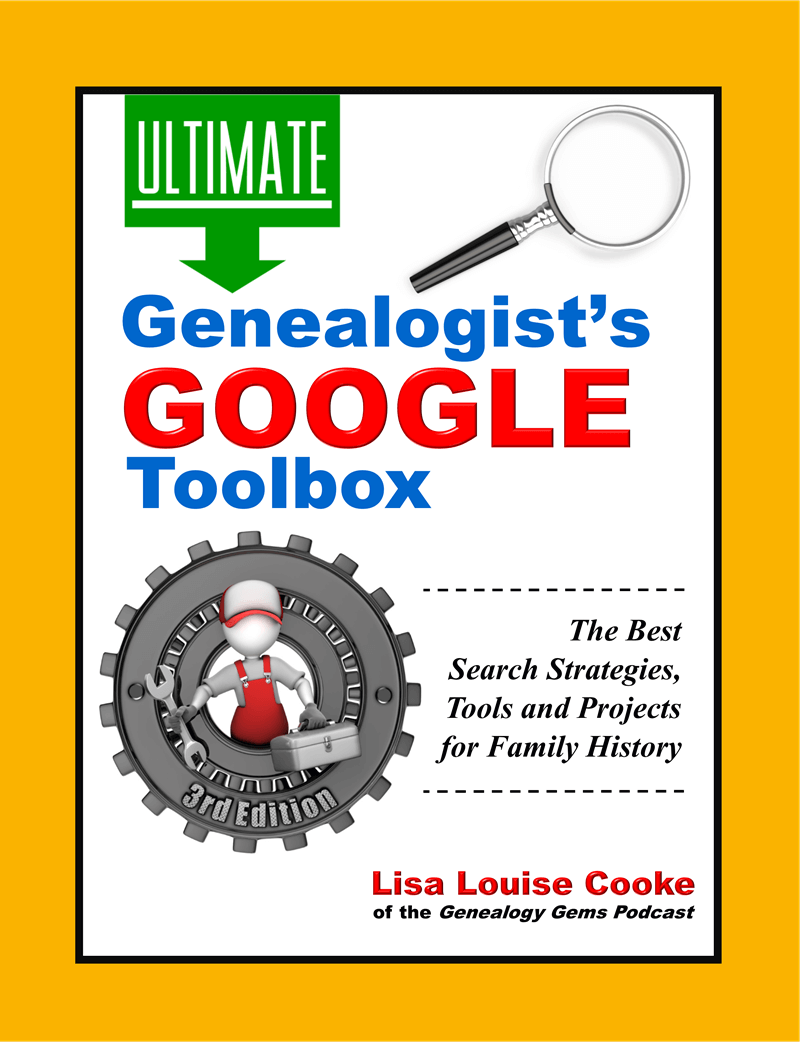We Dig These Gems! New Genealogy Records Online
 Here’s our weekly list of new genealogy records online. Do any collections below relate to your family history? Please share with your genealogy buddies or with societies that might be interested!
Here’s our weekly list of new genealogy records online. Do any collections below relate to your family history? Please share with your genealogy buddies or with societies that might be interested!
AMERICAN LOYALIST CLAIMS (U.S., U.K., CANADA). A database of claims and cases heard by the American Loyalist Claims Commission (regarding British subjects in North America who remained loyal to the crown during the Revolutionary War) has been updated at Ancestry. “These documents include books of evidence and memorials given by witnesses, accounts of losses (which can provide detail about places and possessions), evidence of claims, correspondence, indentures, and other documents collected over the course of these examinations.”
BRITISH NEWSPAPERS. Over 5.8 million new newspaper articles are online at Findmypast. According to the site, “This includes 22 brand new titles and additions to a further 94 publications. The new titles come from all over England, Scotland and Wales and include newspapers from Edinburgh, Liverpool, Sheffield and Wolverhampton. The largest of the new publications is Public Ledger and Daily Advertiser which contains over 939,000 articles covering 1805-71….Over 1 million articles were added to London Evening Standard. There were also substantial updates made to Falkirk Herald, Swindon Advertiser and North Wilts Chronicle and Yorkshire Post and Leeds Intelligencer.
CALIFORNIA NATURALIZATIONS. Original naturalization records from the state of California, 1887-1991, have been updated at Ancestry. “Most pre-1906 naturalization papers contain little information of biographical or genealogical value….There are, however, wonderful exceptions, so it is worth seeking pre-1906 naturalizations. Records created after 1906 usually contain significant genealogical information.”
DUTCH EMIGRANTS TO CANADA AND U.S. A new Ancestry database captures information on Dutch emigrants who relocated to the U.S. or Canada between 1946 and 1963. “Details from those lists are included in this database. You may find name, birth date, place of origin, arrival year, destination, sponsor year, religion, relation to head of household and family size.”
ENGLAND AND WALES PROBATE CALENDARS. Findmypast subscribers now have access to an index to the Principal Probate Registry system for England. In these indexes, you can find the deceased’s name, death date, address, occupation, marital status, spouse’s name, names of executors/administrators and beneficiaries and their occupations and the size of the estate. Use this data to request a copy of a will from the National Probate Registry.
U.S. QUAKER RECORDS. A substantial Ancestry database of Quaker meeting records (1681-1935) has been freshly updated. According to the site, “Quakers recorded a variety of details in their monthly meeting minutes which can be searched by name, location, and event date; or browsed by state, county, meeting, and record type….This collection marks the first time a major collection of Quaker meeting records has been made available online with a comprehensive index.”
 Sign up for our weekly newsletter, and this weekly round-up of major new record collections will be among the “gems” you find in it! With your sign-up, you’ll receive a free e-book on Google search strategies for genealogy. Simply enter your email address in the box in the upper right-hand corner of this page. Thank you for sharing this post with anyone else who will want to know about these records (and this weekly blog post.)
Sign up for our weekly newsletter, and this weekly round-up of major new record collections will be among the “gems” you find in it! With your sign-up, you’ll receive a free e-book on Google search strategies for genealogy. Simply enter your email address in the box in the upper right-hand corner of this page. Thank you for sharing this post with anyone else who will want to know about these records (and this weekly blog post.)

